9 Tips for Switching Grade Levels
Oftentimes, teachers get in the groove of teaching one grade level and they can't imagine ever teaching anything else. However, things change, enrollment numbers shift, and administration has to make decisions. If you are faced with the words, “you're switching grade levels,” don't fret, because these tips for switching grade levels can make this process a positive experience.

9 Tips for Switching Grade Levels
It's totally understandable that switching grade levels can be a scary, nerve-wracking experience. Switching grade levels means changing classrooms, a new curriculum, learning a new set of standards, working with new colleagues, and teaching a new age group.
That's enough to make anyone panic, not to mention the fact that you have to completely redecorate and reorganize your new classroom.
If you're anything like me, you don't like change. Change is scary. I love being in my comfort zone and stepping out of that makes me nervous. But you can and you will get through this transition.
Maybe you've been craving this move to a new grade level and are super excited about switching grade levels. No matter your feelings, these 9 tips for switching grade levels will help you tackle this transition with a positive attitude and make the move as smooth as possible. Who knows? You might end up totally loving it!
#1: Cry and get it out of your system
If switching grade levels was not your choice, it can be frightening. Maybe it's frightening even if it was your choice! Not knowing what to expect can be stressful. It's okay to go through a grieving process, especially if you're leaving a close-knit team behind.
The trick is not to grieve for too long. Take the time you need to feel the way you do. Then, take a proactive approach and look at this as a chance to grow and learn something new.
Every grade level has pros and cons. Focus on the positives of this new grade, rather than what you're leaving behind. This experience will stretch you as an educator, but through it, you will learn and earn a brand new set of skills that will touch the lives of students.
#2: Take inventory and organize
As you begin packing up for the end of the year, take inventory of what you have that can be used for your new grade level. If you're not wanting to get rid of resources that are only appropriate for your current grade, pack those separately. Be sure to label them and take them home if possible.
This way, as you unpack in the fall, you won't start your new year cluttered with things you don't need. As you pack, make a list of some things you'll need/want for your new classroom and grade level.
It's a good idea to pack a back-to-school survival box with things that you'll need right away. Things like adult scissors, a stapler/staples, pens and notepads, markers, etc.
Once the excitement sets in, you'll probably start downloading tons of freebies and purchasing activities for your new class. While you're busy printing and laminating, do your future self a favor and take the time to keep everything organized right from the beginning.
Whether you use file folders, binders and plastic sleeves, or some type of online file storage, be sure that you properly label each skill/resource and file it correctly in your storage system. If you need to print an extra copy of something, it'll be much easier to find down the road.
#3: Meet your grade level
The greatest asset that teachers have is each other. One of the most important tips for switching grade levels is to build relationships with the teachers in your new grade level.
It's a great idea to either meet your new team or e-mail them and introduce yourself. Let them know that you're excited, nervous, and looking forward to working with them.
You want to establish early on that you are a team player, not someone who will try to take over or someone who thinks they know it all. It's okay to ask questions and ask them for help. Yes, ask for help if you need it when you need it.
They'll be able to give you tips and ideas to help you as you prepare for the new school year. Establishing a rapport with them early on will help nurture the team work process in the long run.
#4: Find a mentor teacher
The first year in your new grade level might feel overwhelming. Even though you may be a pro at the grade you taught last year, you're learning something new this year. A mentor teacher who is experienced, knowledgeable, and patient can be a valuable asset to you on this new journey.
Find a teacher in your new grade level that has years of experience. Establish a rapport with them early on. If possible, see if you can stop by and spend some instructional time observing their class before the current school year ends. This will be a great person to ask questions to, give you suggestions and feedback, and offer you support when you need it.
Be sure to thank them for their time and their investment in you along the way. Gratitude goes a long way and the relationships you build with other teachers can truly make an impact on your life and last forever!

#5: Study the standards
Before you leave for the summer, get a copy of the standards for the grade you will be teaching next year. If you are able to, take home a copy of any curriculum Teacher Editions and pacing guides so you can look through them and study them over the summer.
Read the standards and familiarize yourself with the pacing guide. But rather than trying to memorize the entire year, focus on the first month or so. You can continue to study and refer to it as the year progresses.
#6: Become a student
Social media is uniting teachers all around the country and the world. It has become such a valuable platform for us to share ideas, tips, and inspiration. While you're learning about your new grade level, be sure to hit up Pinterest for ideas and inspiration. You'll find multiple tips for switching grade levels.
With a few simple searches, you'll find ideas for classroom decor, classroom layout, alternative seating, classroom management, and more! Be sure to find some new Instagram and Facebook accounts of teachers that are in your new grade level. Follow them and learn from them.
Read blogs, join Facebook groups, and interact with other teachers online. You can also ask them questions and swap ideas. This can help you get a new perspective and make you feel like you aren't imposing on your grade level team all summer.
You can also seek out professional development opportunities over the summer, whether that's taking an online course, reading a teacher PD book, attending a conference, etc., that pertains to your new grade level and the subjects you'll be teaching.
#7: Come up with a plan
If you're making a significant grade level change, more than just moving up or down one grade level, you'll need to rethink procedures, routines, and behavior management. Talk with teachers who have experience in your new grade level or read blogs from teachers for ideas.
Whatever plan you decide to implement, be sure it works for you. You may need to tweak it and modify it along the way, and that's okay. These strategies and procedures are not one-size-fits all. There's always a degree of finding what works for you and your students.
You'll also want to rethink your classroom set up. Some areas in your room, like your read aloud area, may require more or less space than what you are accustomed to. Think of it as a work in progress. Nothing is set in stone and you can revamp and make changes along the way.
#8: Start early
While you don't want to spend your entire summer planning and setting up for next year, you'll probably want to set aside some extra time to get your room set up and get organized. Chances are, you're in a new classroom so you'll need to do a bit more planning.
If you're able to, spend a day or two in your classroom before all of the teachers come back. If you're not able to be in the building over the summer, use your time at home to get organized, prep resources, study the standards, pacing guide and curriculum, and have a clear game plan for when the doors to your building open up.
#9: Relax
There's no doubt that changing grade levels requires some extra work and can feel overwhelming. But relax, you're a great teacher. You'll do just fine and your students are going to love you!
Don't spend your entire summer stressing or working too much. Make a plan and set aside some time either at the beginning or the end of the summer to really think about and plan for next year. After that, don't give school a second thought.
It is important to actually enjoy your summer. Relax, refresh, enjoy some self care, and recharge your teacher batteries. When those first few weeks of school roll around, you'll be so thankful that you spent your summer being present with your family and friends and doing things just for YOU.
I hope these tips for switching grade levels will be helpful as you embark on your new teaching journey. Are you switching grade levels this year? Comment below and let me know which grade level you'll be teaching!



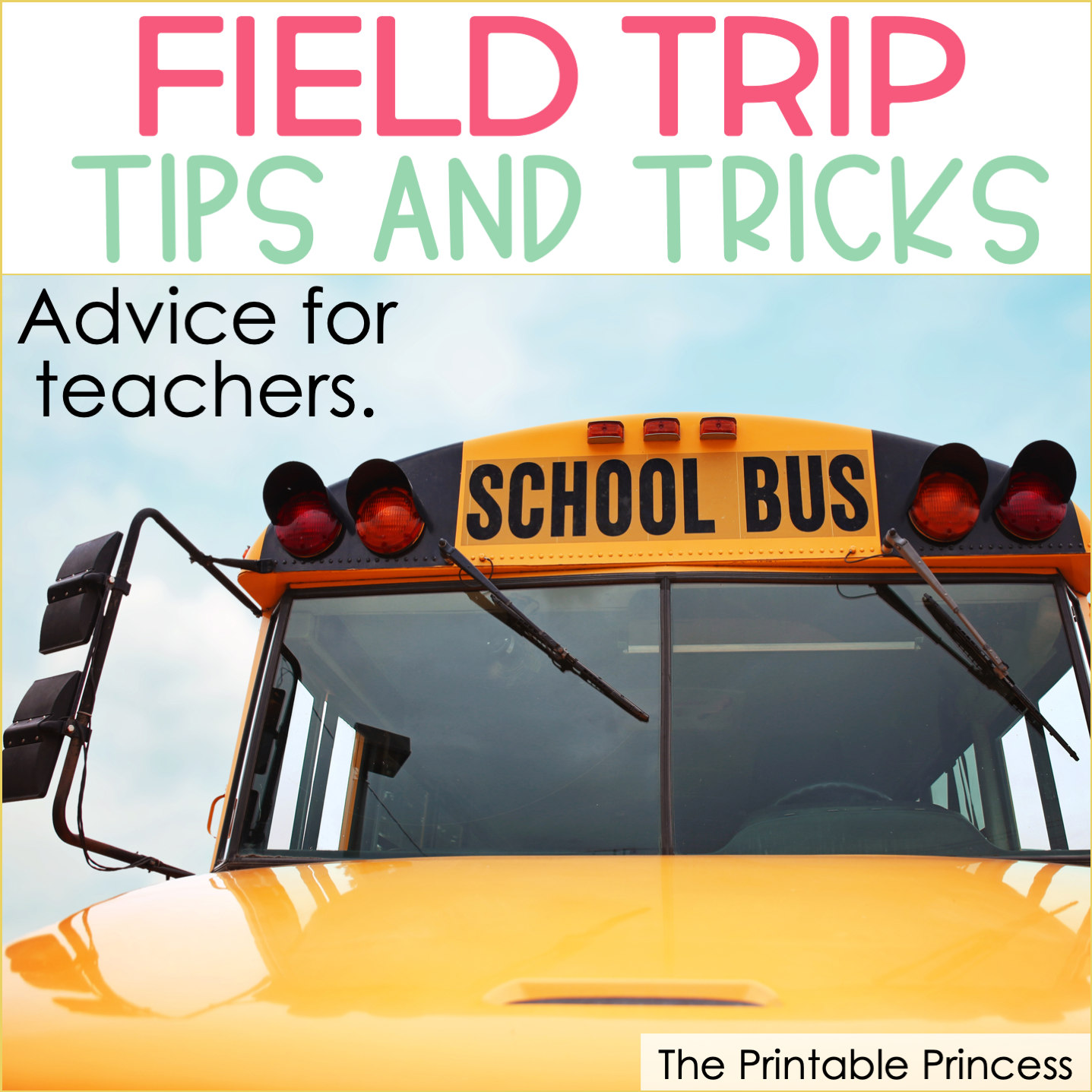


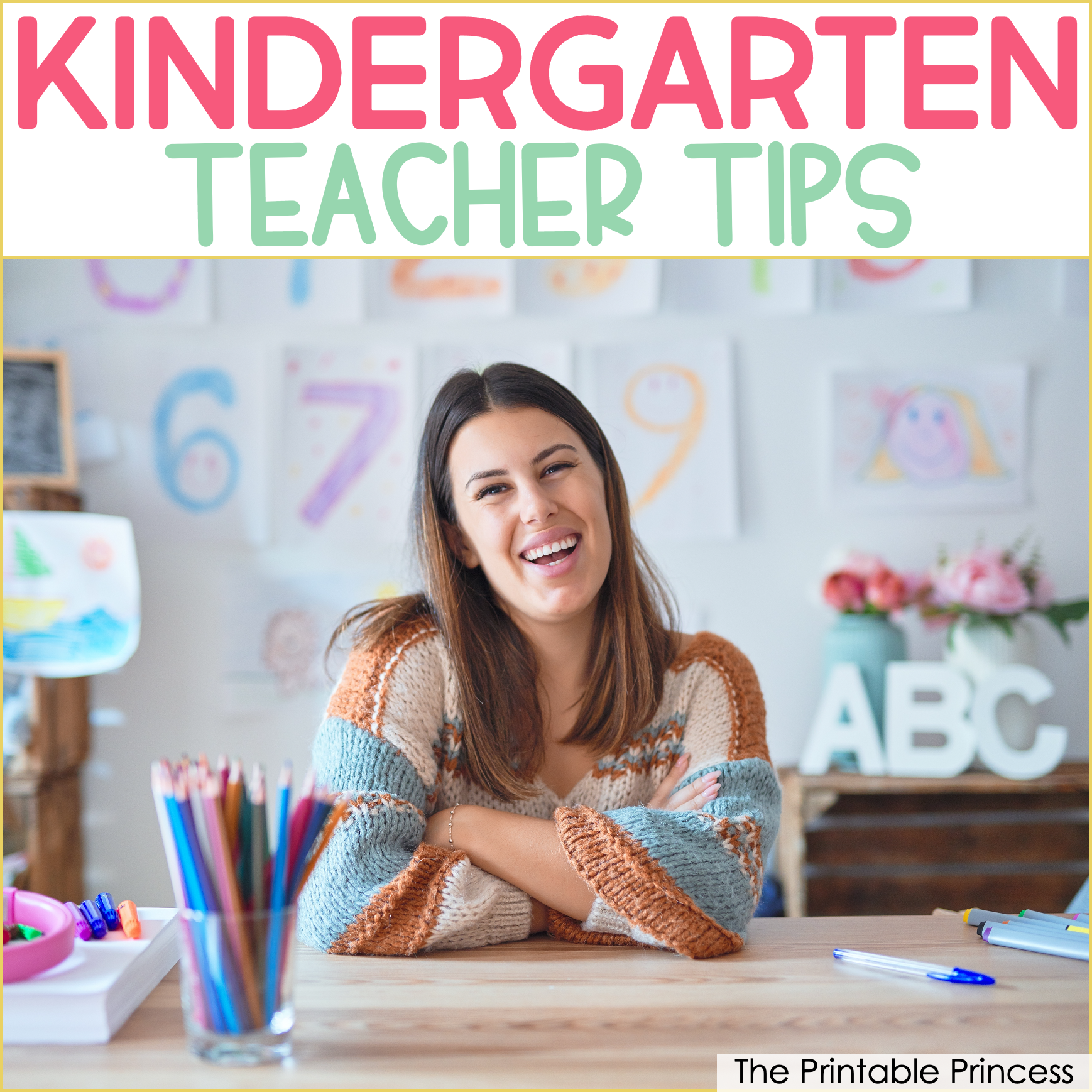
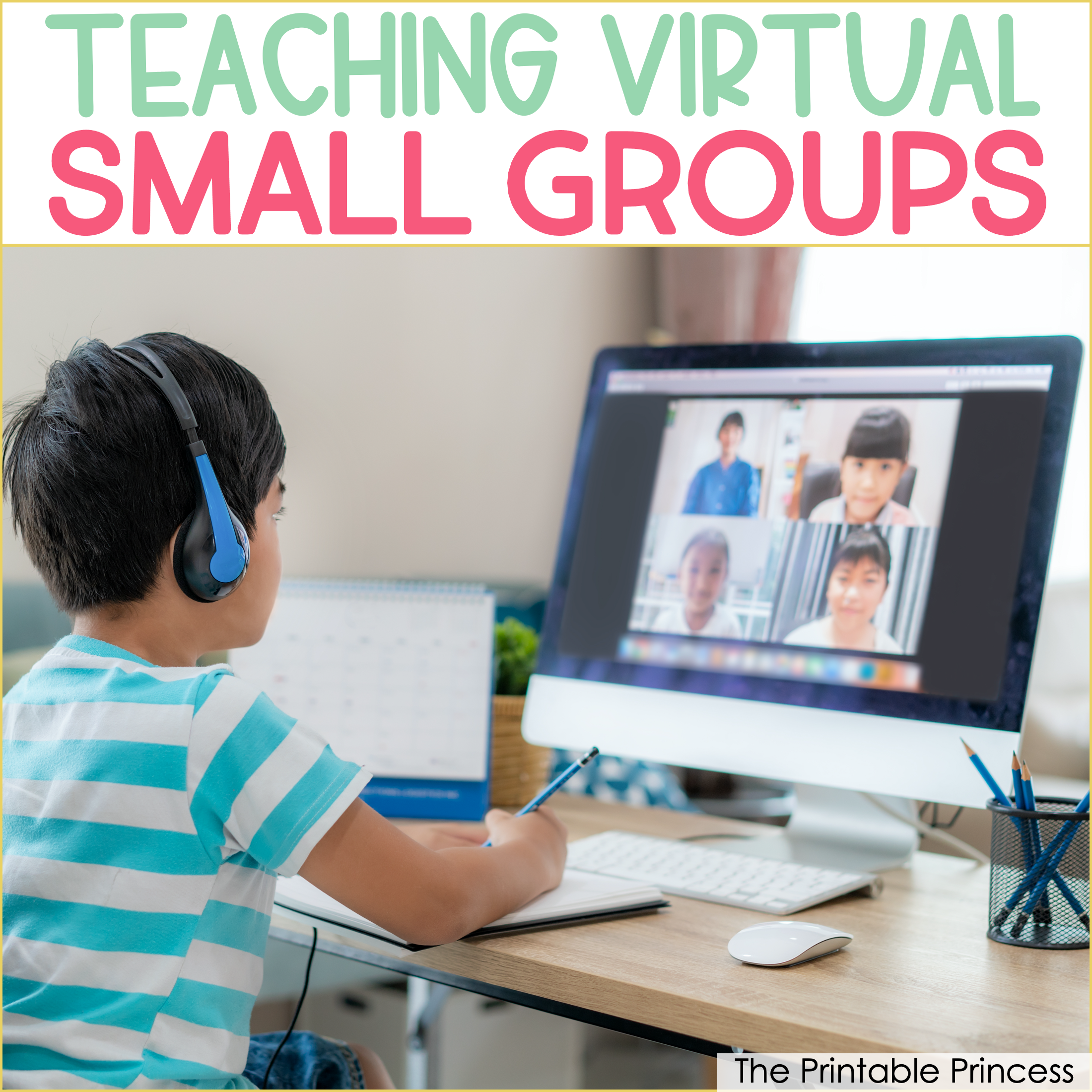
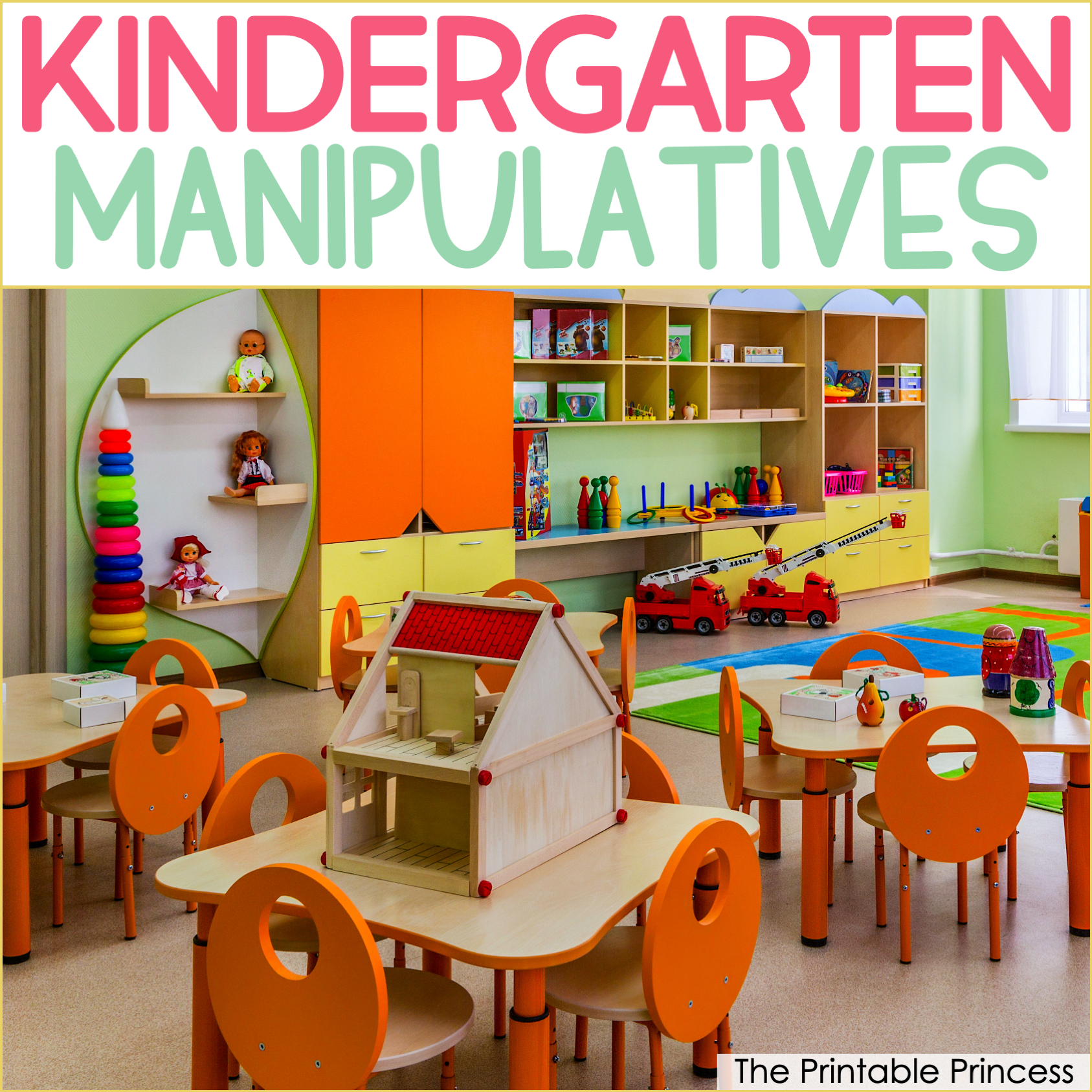
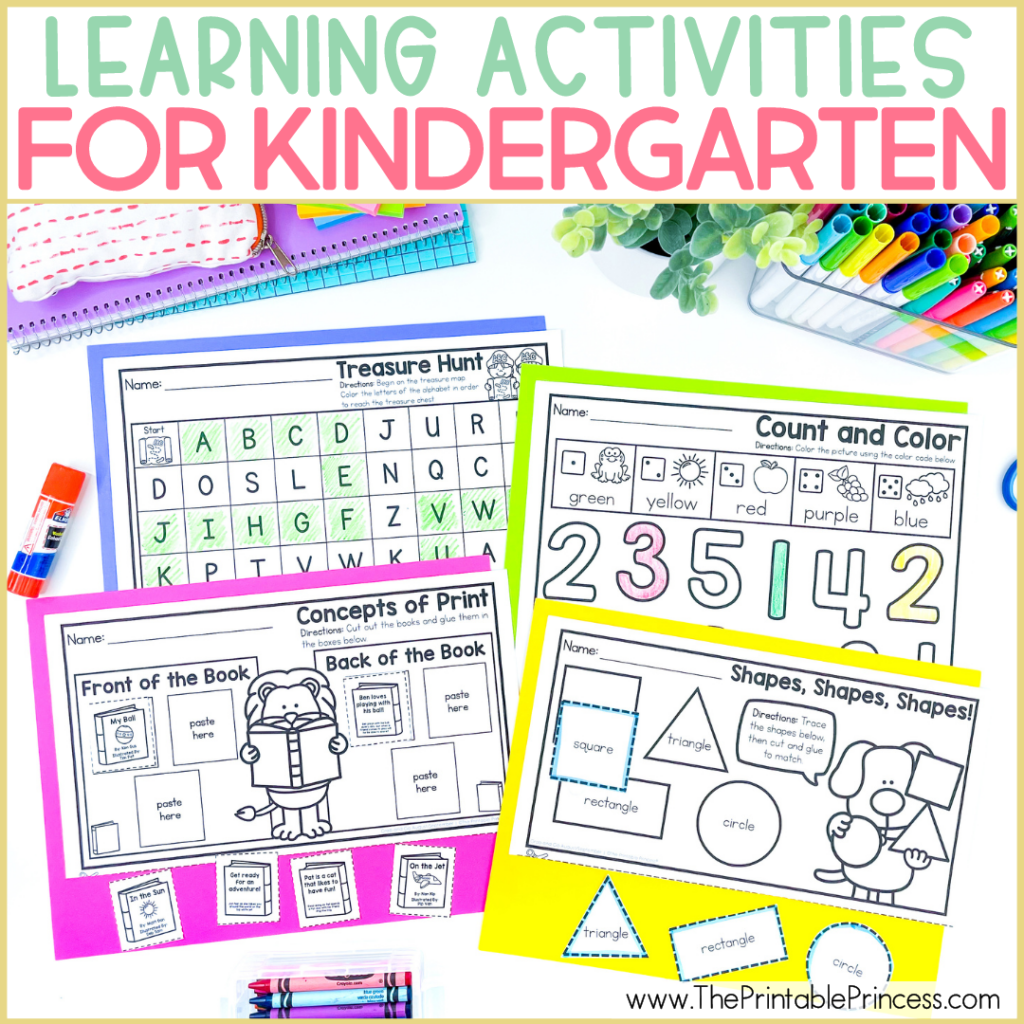


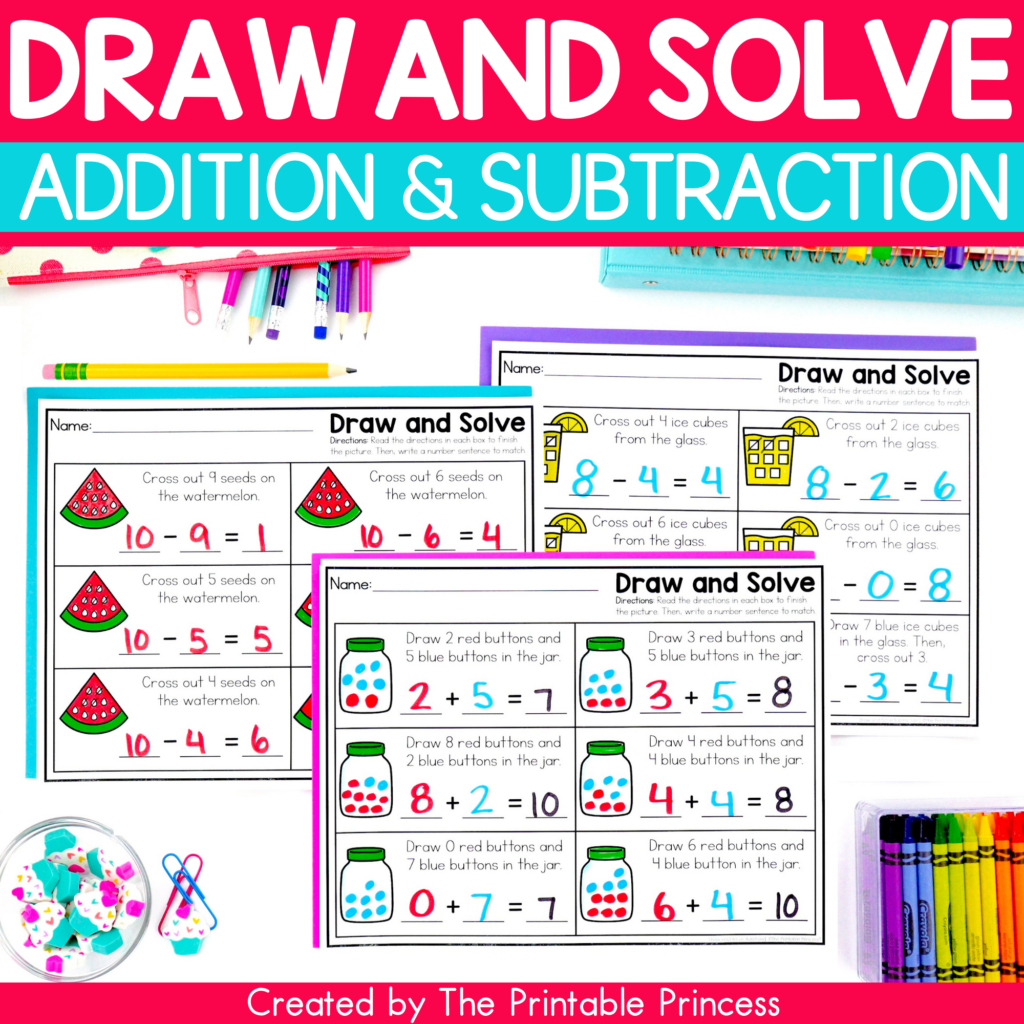
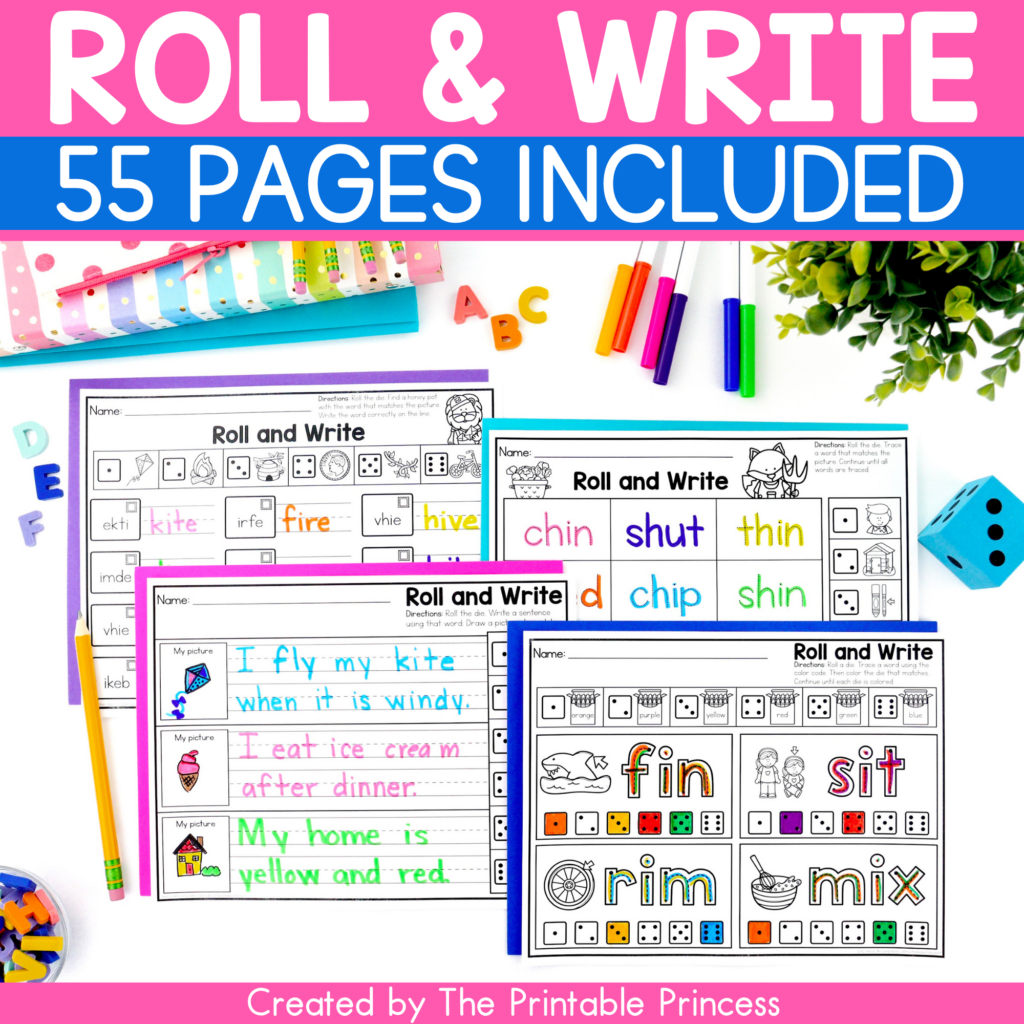
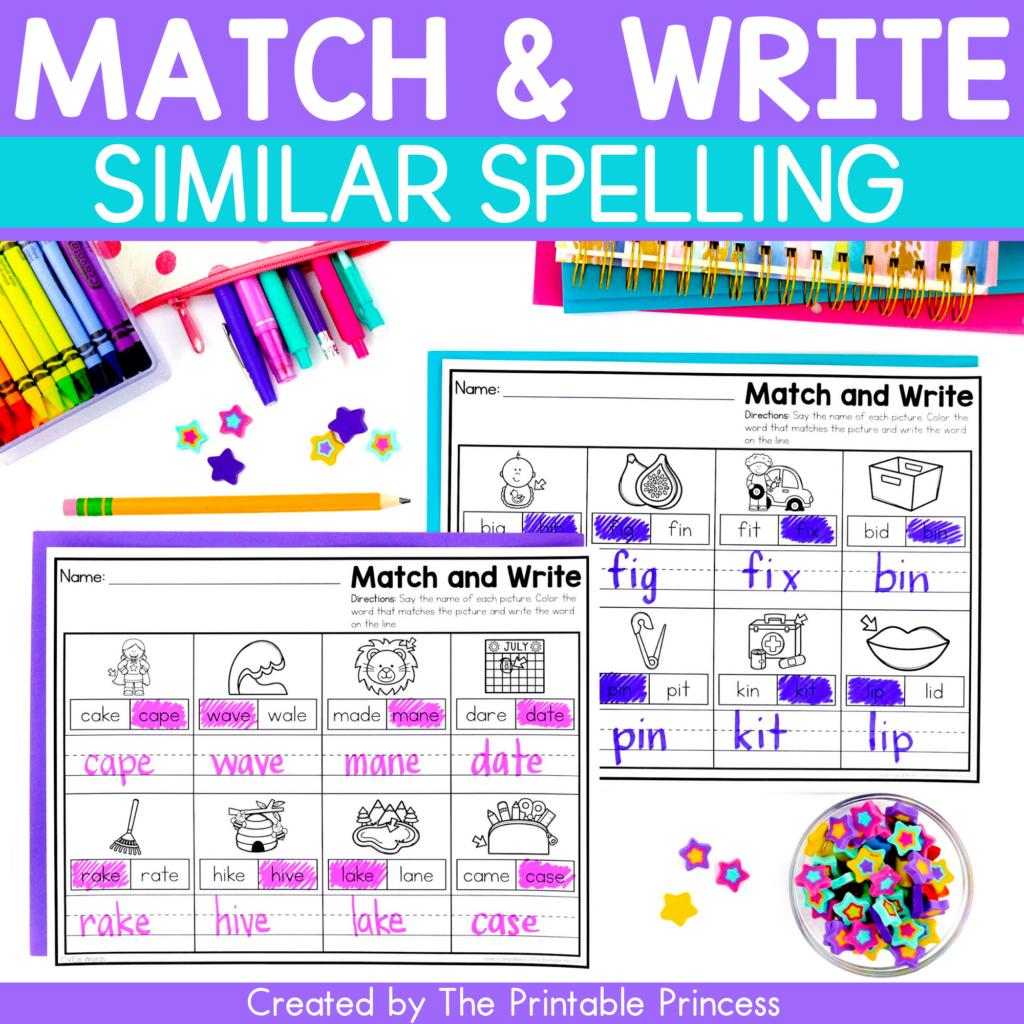
Melissa,
You have NO idea how AMAZING you are!!!! Thank you for your comforting (and timely) words!!! They made me feel SO much better! I have been in Kindergarten for 10 years and am moving to 4th grade! Yikes! That said, I’m so sad to leave following you and your awesome resources. Please point me in the right direction if you (or anyone!) can recommend someone in my new grade level. I will be teaching ELA/Science and plan on setting aside time in July to do wrap my mind around gearing up for the new school year. THANK YOU, again, and in advance! It was very comforting to know that I was on the right track when packing up my room and formulating my summer plan to prep for my whole new world!! Thank you!
Hi! I’m moving from first grade (13 years) to kindergarten! Your tips made me feel very good because I’ve done most of them already! Thank you for the encouraging reminders!
Thank you Melissa. I am moving from first to third grade. If that isn’t scary enough, I am also moving buildings. I have taught first grade for 15 years! 🙂 I really enjoyed reading your advice. I needed that today. Thank you again! 🙂
Hi Denise!
I am so glad I could help. Best of luck to you in all of your new adventures next year! Enjoy your summer! 🙂
-Melissa
Thank you. I am moving from 5th to 6th. It feels a bit daunting. This helped a lot!
I’m so glad! Have a great summer and wonderful year in 6th grade! 🙂
-Melissa